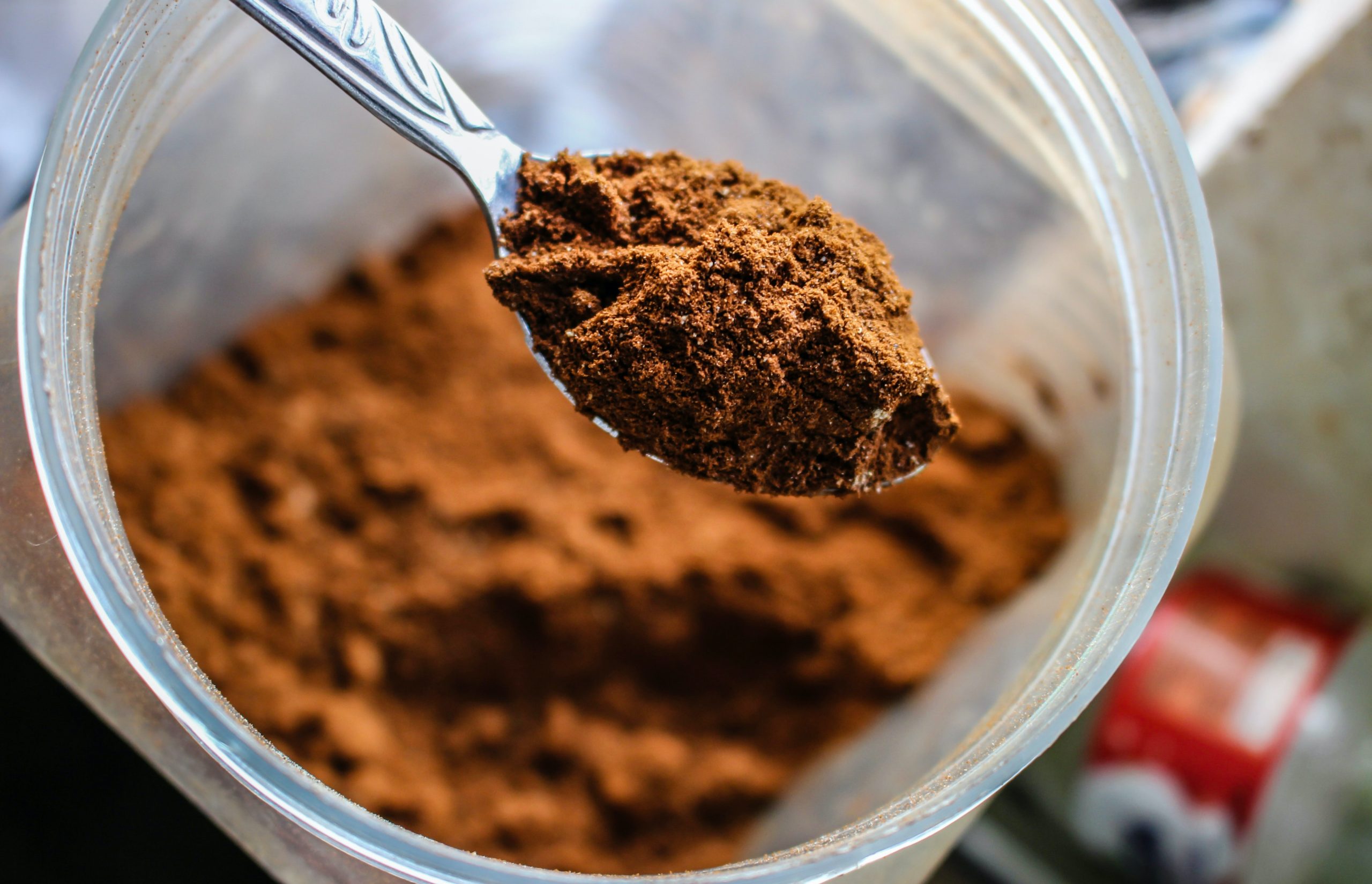No products in the cart. Go to menu

Research Review Shorts: Collagen Protein Isn’t Great For Gaining Muscle
Collagen protein has received a lot of hype lately. Research shows it certainly shouldn’t be your go to protein source if your aim to put on lean tissue. Furthermore, research still hasn’t given much weight to the theory that collagen could even be good for bones, tendons, and other connective tissues.
Overview
A protein source’s amino acid profile and overall quality score certainly may impact its ability to support hypertrophy.
Recent studies have suggested that plant-based proteins can effective support putting on muscle when total protein intake is greater than 1.6g/kg/day.
Now, this is not because 1.6 is a magic number and ensures optimal gains. Rather, we see that lower-quality proteins tend to be somewhat “inefficient” protein sources but often have complementary amino acid coverage, so their suitability depends on total protein intake.
When total protein intake is high, the efficiency of each individual protein source becomes less relevant, but when total protein intake gets lower and lower, efficiency becomes increasingly important.
Collagen is a fairly popular animal-based protein, but it has a very low protein quality score (zero, in fact). Collagen has a very atypical amino acid profile; it lacks tryptophan entirely (hence the protein quality score of zero) and several other essential amino acids, but has very high amounts of glycine, proline, hydroxyproline, and hydroxylysine.
Its amino acid profile is very conducive to collagen synthesis, which could theoretically be good for bones, tendons, and other connective tissues. In contrast, its amino acid profile is pretty awful for supporting hypertrophy, with relatively low amounts of important essential amino acids such as leucine, isoleucine, valine, lysine, methionine, and threonine.
The presently reviewed study (1) compared post-workout supplementation with 35 grams of whey protein to 35 grams of leucine-enriched collagen over the course of a 10-week resistance training program.
Findings
Researchers were primarily interested in assessing changes in training load, isokinetic elbow flexor strength and power, lower-body peak power (measured via countermovement jump), and muscle thickness of the vastus lateralis and biceps brachii (measured via ultrasound).
- There were no statistically significant differences between groups in terms of training load, lower-body peak power, or isokinetic elbow flexor strength or power.
- The whey group experienced significantly larger increases in vastus lateralis and biceps brachii muscle thickness than the collagen group
Interpretation & Takeaways
The results aren’t surprising. If you’re focused on adding lean tissue, don’t try to replace your protein intake with a collagen supplement.
There is some evidence to suggest that collagen supplementation can facilitate collagen synthesis and may be beneficial for individuals with joint pain or other issues related to connective tissues. This body of research is small, and it’s not universally embraced by sports nutrition experts, but there is at least some evidence linking collagen supplementation to increased rates of collagen synthesis, and attenuation of joint pain.
References